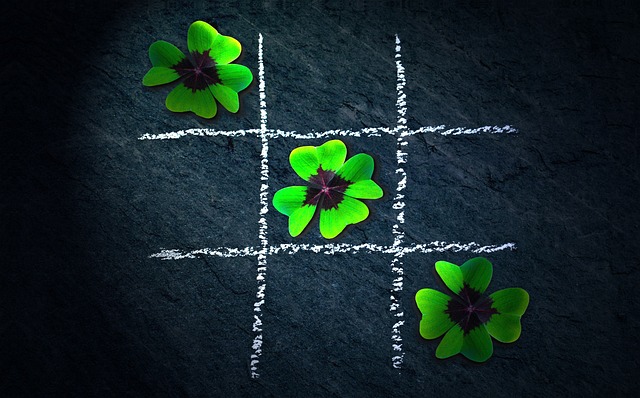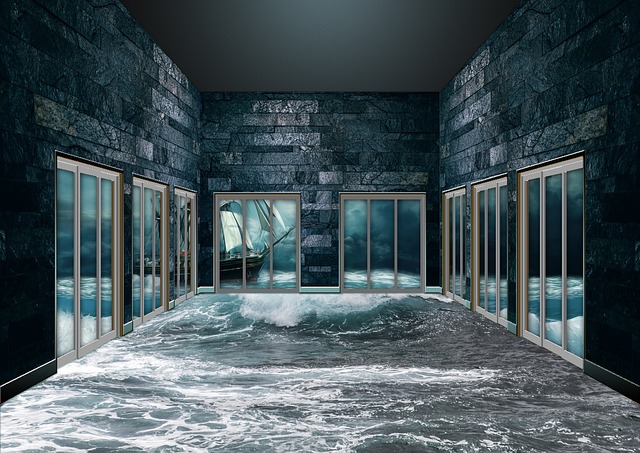
Gaming layers
Deanna
- 0
- 422
How does exploring games help us explore our self and our identity and our history?
One of the reasons I love teaching writing using games, specifically rhetorical analysis, is that games, even simple childish games such as hide and seek, offer so many dimensions and layers to explore that students quickly learn to see all texts in new and different ways. This is one of my most important contributions to America and the world. But I also love that we are having so much fun exploring and playing games that my students don’t dwell on the weight of these lessons and they are eager writers.
My approach to teaching rhetorical analysis is to treat it like a game – specifically a puzzle with more than one solution. We explored the rhetorical situation of our chosen games, considered the moral and ethical questions embedded in our chosen games, contemplated how our chosen game informed or challenged our social/cultural construction, and examined how our chosen game fit into our human story.
I used one specific baseball game to illustrate our explorations. Then I shared We Should Make a Documentary About Spades by Terrance Hayes (specifically this reading by Cortney Lamar Charleston) for further inspiration of all the ways a game can provide rich opportunity for analysis. I then challenged my students to explore one of these questions:
- What big questions about life does this game help you explore?
- How does this game challenge you to consider your humanity?
- How does this game influence our social contracts?
- What role does this game play in history (your family or community – or our nation?
In a different class we also explored rhetorical analysis as a tool for exploring self and identity with these questions:
- How does the game you picked speak for you? How does the game you picked speak to you?
- How does the game you picked reflect who you are? How does the game you picked resonate or connect with your identity, your values, your experience?
- How does this game help (all of) us communicate, learn, and develop knowledge?


